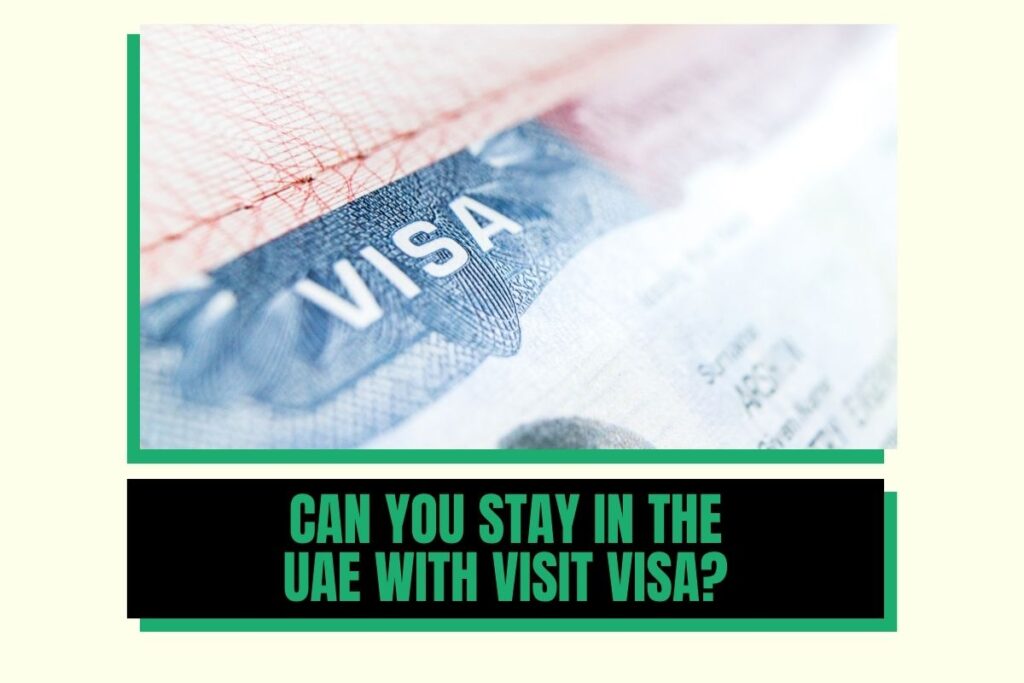Losing a job can be a stressful experience, especially if you’re working in a foreign country like the UAE. Many questions arise, including how long you can stay in the country and whether you can secure a visit visa without leaving.
In this blog post, we’ll explore the options available to you if you find yourself in this situation, based on the relevant UAE regulations.
In Short: If you lose your job in UAE, your work permit and residency visa are canceled. You get a 60-day grace period. Options: new job sponsorship, family sponsorship, self-sponsorship, or visit/tourist visa. Understand regulations and consult authorities for a smooth transition.
Understanding the Situation
If you’re employed by a mainland firm in Dubai and facing redundancy, you might be wondering about your options. The regulations you need to consider are laid out in Cabinet Resolution No. 1 of 2022 on the Implementation of Federal Decree Law No. 33 of 2021 regarding the Regulation of Employment Relations.
Cancellation of Work Permit and Residency Visa
When an employee is terminated or resigns from their job in the UAE, their employer is responsible for canceling their work permit. The process involves several steps, as outlined by the Ministry of Human Resources & Emiratisation (MoHRE) guidelines. Article 7(3) of Cabinet Resolution No. 1 of 2022 outlines these procedures:
- Submission of the work permit cancellation application through specified channels.
- Completion of required data and document submission.
- Payment of fines for permit-related delays or failures.
- Acknowledgment from the establishment regarding the employee’s entitlements.
- Compliance with any additional conditions set by the Minister or their delegate.
Upon canceling the work permit, the UAE residency visa associated with the job is also canceled. This initiates a grace period of up to 60 days, during which the individual can reside in the UAE. This window provides the opportunity to explore various options for residency continuation.
Options for Residency Continuation
During the grace period, individuals have several avenues to explore to extend their residency in the UAE:
- Employer-Sponsored Residency: If you secure a new job offer, the prospective employer can sponsor your new residency visa.
- Family Sponsorship: Immediate family members who are UAE residents or nationals can sponsor your residency.
- Self-Sponsorship: If you own a company or firm in the UAE or are self-employed, you can self-sponsor your residency based on investments or profession.
- Visit Visa/Tourist Visa: You also have the option to apply for a visit visa or tourist visa. This route allows you to remain in the UAE without leaving the country. However, it’s advised to consult the General Directorate of Residency & Foreigners Affairs – Dubai for specific guidelines on obtaining a visit visa or tourist visa after the cancellation of your UAE residency visa.
Conclusion
Losing your job can be daunting, but understanding the regulations and available options can alleviate some of the stress. If you’re employed by a mainland firm in Dubai and are facing redundancy, the UAE provides a grace period of up to 60 days after your work permit and residency visa are canceled.
During this time, you can explore avenues such as employer-sponsored residency, family sponsorship, self-sponsorship, or even obtaining a visit visa/tourist visa to remain in the UAE. Remember, seeking guidance from the relevant authorities is crucial to ensure a smooth transition and compliance with UAE regulations.


![Company Revoke Job Offer Before Joining? [Solution]](https://magicaluae.com/wp-content/uploads/2024/02/Revoke-Job-Offer-Before-Joining-1024x683.jpg)
